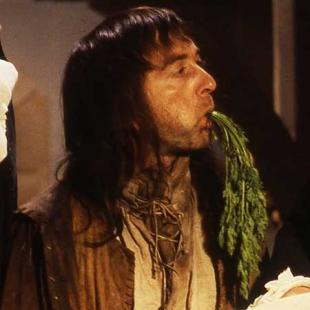Below is from this news link.
news.uk.msn.com/uk/george-osborn … -or-taxes/
All eyes will be on chancellor of the exchequer George Osborne on Wednesday to see if the proposed fuel duty hike of 3p per litre will be ditched in his autumn statement.
The AA has argued that to help the economy and car-dependent drivers he should abandon the increase.
But there is a bigger issue for drivers that the Treasury is working on behind closed doors.
The government is worried about a fall in tax, as a result of motorists heeding its advice by gradually switching to greener, more fuel-efficient vehicles.
It might be good for the environment. But it is not good for the government’s finances, which rely on drivers to prop up the Treasury with motoring taxes of some £46bn each year — of which only about a quarter is spent on roads.
The Office for Budget Responsibility, which advises the chancellor, has warned that the trend towards more fuel-efficient cars could lead to the government’s tax take from fuel duty being £100m less in 2011-12, rising to a shortfall of £600m by 2016-17.
This is due to more fuel-efficient cars entering the market and drivers cutting out journeys due to the high cost of fuel.
So what does the government do?
Privatising our roads
Last week, ministers published a complicated report looking at long-overdue road improvements needed on the A14 near Cambridge.
It’s an important strategic road that links the port of Felixstowe with the rest of the country. But the government basically concluded they can’t afford the improvements out of the public ■■■■■.
Instead, the report looks at tolls of between £1-£2 and then £2-£4. With these tolls there would be a high risk of many drivers trying to divert to other roads. So the report advocates downgrading the old A14 to stop this.
There could be two new road links for local traffic, but that won’t help motorists passing through the area.
The government is also considering changing how our roads are run, paid for, and possibly owned.
“Whichever way it goes, drivers would be paying more.”
The front runner seems to be a “regulated utility model” whereby a private company would run the motorways and main roads on a long-term licence.
The company would be funded by a charge on drivers to use the most important roads.
For example, there might be an access charge of £150 a year to use motorways or trunk roads. There might be a slight cut in vehicle excise duty or a graduated charge depending on the car you drive.
Whichever way it goes, the government would look to raise more than £1bn extra from this charge. Drivers would be paying more.
A poll tax on wheels
But you then have to question why, if you have paid this access charge, should you shell out more to use the A14 or Severn Crossing via tolls? An access charge, like a season ticket, does nothing to reduce demand.
Drivers don’t like paying more taxes, but do we really want to privatise our main roads and depend on tolls and access charges?
The simplest, fairest and easiest-to-enforce measure would be to gradually introduce a ring-fenced road excise duty to top up fuel duty paid at the pumps.
As cars gradually become more fuel-efficient, the duty is increased — but can only be spent on road maintenance and improvements.
This would be better than losing control of our road network and forking out ever-increasing tolls and charges.
The government needs to go back to the drawing board or they could end up with a poll tax on wheels.
Edmund King is AA president and visiting professor of transport at Newcastle University

